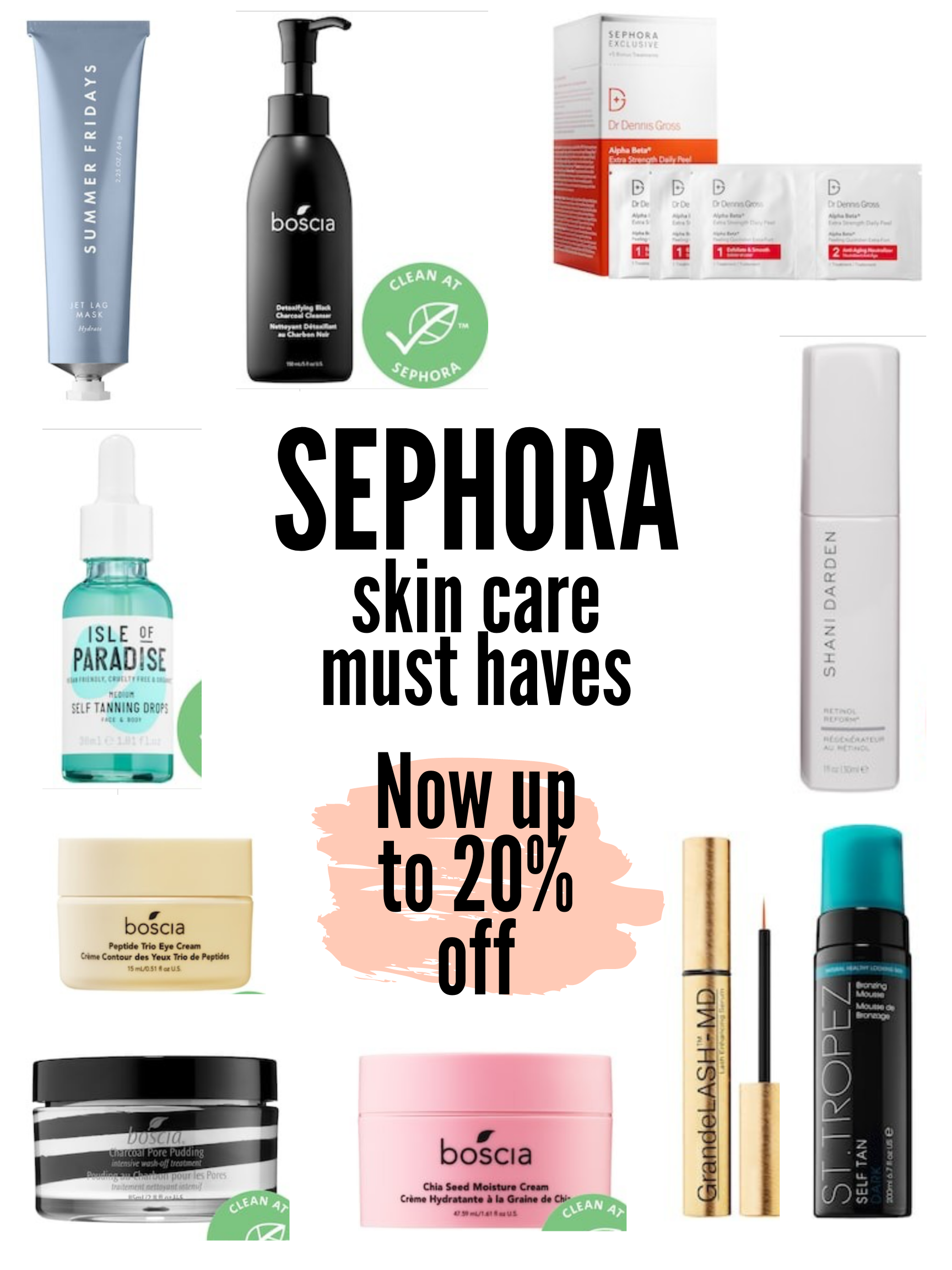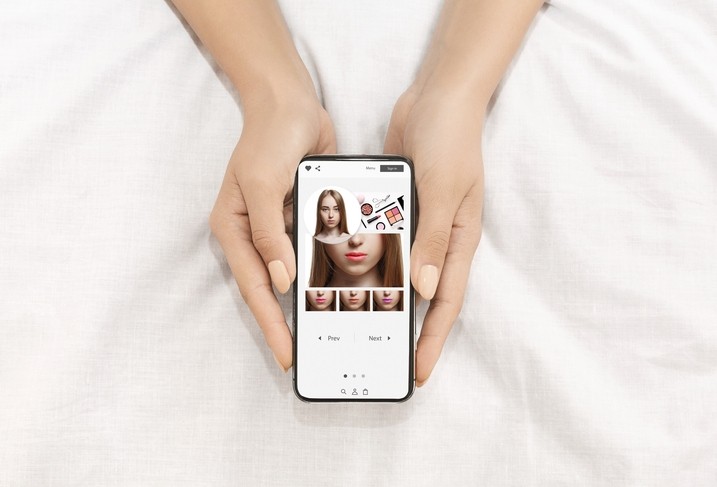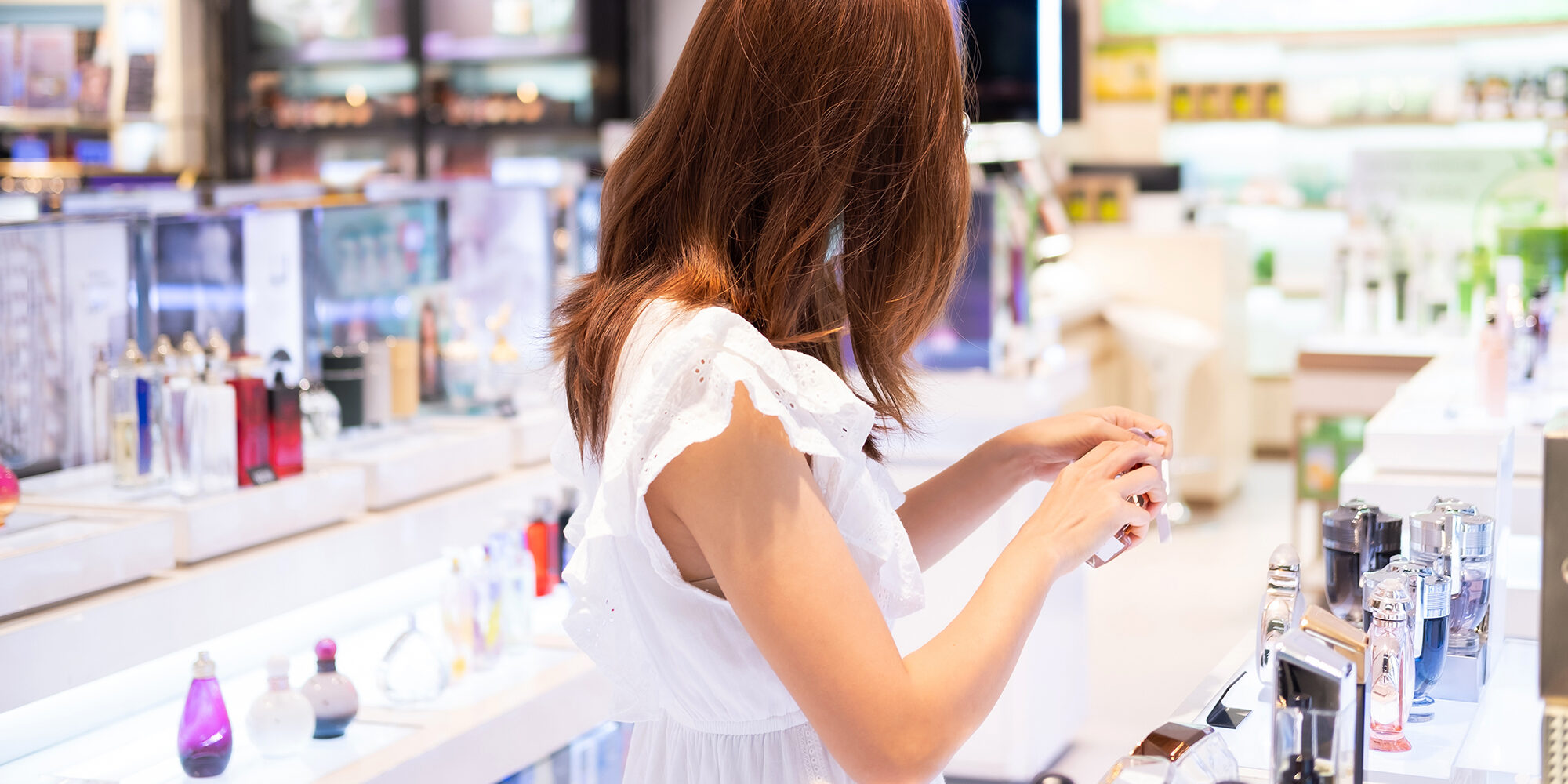The Future of Beauty: Must-Haves for 2025
Related Articles: The Future of Beauty: Must-Haves for 2025
Introduction
In this auspicious occasion, we are delighted to delve into the intriguing topic related to The Future of Beauty: Must-Haves for 2025. Let’s weave interesting information and offer fresh perspectives to the readers.
Table of Content
The Future of Beauty: Must-Haves for 2025

The world of beauty is constantly evolving, driven by advancements in technology, scientific breakthroughs, and shifting consumer preferences. As we approach 2025, a new era of beauty emerges, characterized by personalized solutions, sustainable practices, and a renewed focus on holistic well-being. This article explores the key trends shaping the future of beauty and identifies the must-have products and practices that will define the industry in the coming years.
The Rise of Personalized Beauty
The era of one-size-fits-all beauty products is coming to an end. Consumers are increasingly demanding personalized solutions that cater to their unique needs and skin types. This trend is being driven by the increasing availability of genetic testing and advanced skin analysis technologies.
- Genomics-Based Skincare: Genomics is revolutionizing skincare by providing a deeper understanding of individual skin characteristics and predispositions. Companies are developing personalized skincare regimens based on an individual’s genetic makeup, predicting potential skin concerns and tailoring products for optimal results.
- AI-Powered Skin Analysis: Artificial intelligence (AI) is playing a crucial role in personalized beauty. Apps and devices powered by AI can analyze skin images and provide detailed insights into skin conditions, allowing for tailored product recommendations and treatment plans.
- 3D-Printed Cosmetics: 3D printing is poised to disrupt the cosmetics industry by enabling the creation of custom-made makeup products, tailored to individual skin tones, textures, and preferences. This technology offers endless possibilities for personalization, allowing consumers to create their own unique shades, formulas, and even shapes.
Sustainable Beauty Practices
Sustainability is no longer a niche trend; it’s becoming an integral part of beauty consumption. Consumers are demanding products and practices that are environmentally friendly, ethically sourced, and minimize waste.
- Biodegradable and Reusable Packaging: The beauty industry is moving away from plastic packaging and embracing sustainable alternatives like biodegradable materials, recycled paper, and refillable containers.
- Clean Beauty Ingredients: Consumers are becoming more discerning about the ingredients in their beauty products. They are seeking products formulated with natural, organic, and ethically sourced ingredients that are free from harmful chemicals and toxins.
- Zero-Waste Beauty Routines: The concept of zero-waste beauty is gaining traction. Consumers are exploring reusable makeup applicators, solid beauty bars, and refillable products to reduce their environmental footprint.
Holistic Wellness
The focus on beauty is shifting from superficial enhancements to a holistic approach that encompasses inner and outer well-being. Consumers are prioritizing products and practices that promote overall health and vitality.
- Mindful Beauty: Meditation, yoga, and other mindfulness practices are becoming integrated into beauty routines. These practices promote mental clarity, stress reduction, and a sense of inner peace, which ultimately contributes to a more radiant and youthful appearance.
- Gut Health and Skincare: The connection between gut health and skin health is becoming increasingly recognized. Consumers are incorporating probiotics and prebiotics into their diets and skincare routines to improve gut microbiome balance and promote healthy skin.
- Sleep and Beauty: The importance of adequate sleep for healthy skin is gaining attention. Consumers are prioritizing sleep hygiene and investing in sleep-enhancing products like silk pillowcases and sleep masks to improve skin health and appearance.
Technological Advancements
Technology is playing a transformative role in the beauty industry, driving innovation and creating new possibilities for enhancing beauty and well-being.
- Smart Devices for Beauty: Smart devices are becoming increasingly integrated into beauty routines. Smart mirrors, facial analyzers, and even smart toothbrushes offer personalized insights and recommendations for improving beauty and overall health.
- Virtual Reality and Augmented Reality (VR/AR): VR and AR technologies are revolutionizing the way consumers experience beauty products. Virtual try-on tools allow consumers to experiment with different makeup looks and hairstyles without physically applying products, while AR apps provide personalized skincare recommendations and virtual consultations.
- Nanotechnology in Beauty: Nanotechnology is enabling the development of innovative beauty products with enhanced efficacy and targeted delivery. Nanoparticles can deliver active ingredients deeper into the skin, leading to more effective results.
The Must-Have Products of 2025
Based on the trends discussed above, here are some of the must-have products that will define the beauty landscape in 2025:
- Personalized Skincare Regimens: Developed using genetic testing or AI-powered skin analysis, these regimens will be tailored to individual skin needs and concerns.
- Biodegradable and Refillable Packaging: Sustainable packaging will become the norm, with brands offering products in biodegradable containers, reusable applicators, and refillable formats.
- Clean Beauty Products: Formulated with natural, organic, and ethically sourced ingredients, these products will prioritize both effectiveness and environmental responsibility.
- Gut Health Supplements: Probiotics and prebiotics will be widely incorporated into beauty routines to support gut health and promote healthy skin.
- Smart Beauty Devices: Smart mirrors, facial analyzers, and other smart devices will provide personalized insights and recommendations for improving beauty and overall health.
- VR/AR Beauty Experiences: Virtual try-on tools and AR beauty apps will offer immersive and personalized experiences for consumers.
- Nanotechnology-Enhanced Beauty Products: These products will leverage the power of nanoparticles to deliver active ingredients more effectively and target specific skin concerns.
FAQs
Q: How will personalized beauty products be developed?
A: Personalized beauty products will be developed using a combination of technologies, including:
- Genomics: Analyzing an individual’s DNA to identify specific skin characteristics and predispositions.
- AI-Powered Skin Analysis: Utilizing AI algorithms to analyze skin images and provide detailed insights into skin conditions.
- 3D Printing: Creating custom-made makeup products tailored to individual skin tones, textures, and preferences.
Q: What are the benefits of sustainable beauty practices?
A: Sustainable beauty practices offer numerous benefits, including:
- Environmental Protection: Reducing waste and pollution associated with traditional beauty products.
- Ethical Sourcing: Ensuring that ingredients are sourced responsibly and ethically.
- Healthier Products: Avoiding harmful chemicals and toxins often found in conventional beauty products.
Q: How can I incorporate mindfulness into my beauty routine?
A: Incorporating mindfulness into your beauty routine can be as simple as:
- Taking a few deep breaths before applying makeup.
- Using a face mask as an opportunity to relax and de-stress.
- Practicing gratitude for your body and its unique beauty.
Q: What are the potential risks associated with nanotechnology in beauty products?
A: While nanotechnology offers promising benefits, there are also potential risks that need to be considered:
- Safety: The long-term effects of nanoparticles on human health are not fully understood.
- Environmental Impact: The potential for nanoparticles to accumulate in the environment and harm ecosystems.
Tips
- Research brands: Look for brands that prioritize sustainability, ethical sourcing, and clean beauty ingredients.
- Embrace technology: Utilize AI-powered skin analysis tools and virtual try-on apps to personalize your beauty routine.
- Prioritize holistic well-being: Incorporate mindfulness practices, sleep hygiene, and a healthy diet into your beauty regimen.
- Stay informed: Stay updated on the latest advancements in beauty technology and trends.
Conclusion
The future of beauty is bright, driven by a focus on personalization, sustainability, and holistic well-being. As technology continues to advance and consumer preferences evolve, the beauty industry will continue to innovate and create exciting new solutions for enhancing beauty and promoting overall health. By embracing the trends discussed in this article, consumers can embrace a more personalized, sustainable, and mindful approach to beauty, creating a brighter and more beautiful future for themselves and the planet.








Closure
Thus, we hope this article has provided valuable insights into The Future of Beauty: Must-Haves for 2025. We hope you find this article informative and beneficial. See you in our next article!